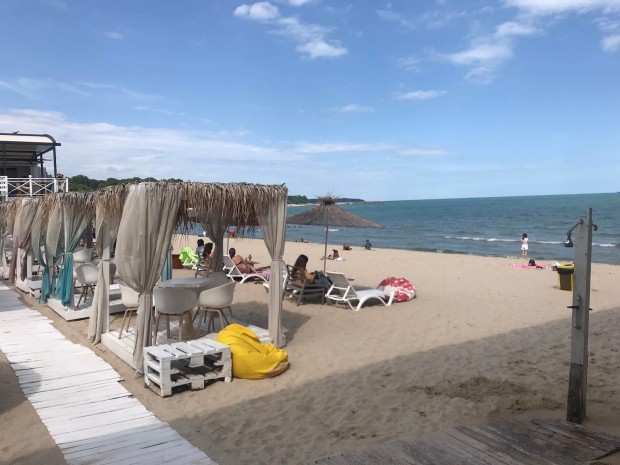The registry will make it possible to analyze the characteristics of this population and use genomic platforms to determine the risk of relapse in these patients and assess the need for chemotherapy
The FERO Foundation and the Spanish Breast Cancer Research Group (GEICAM) have signed a collaboration agreement to create the first national registry of breast cancer in men, which represents 1% of casesbut has a lower survival rate than in women.
The registry will allow to analyze the situation and characteristics of this population and use genomic platforms to determine the risk of relapse in these patients and assess the need for chemotherapy, in order to achieve more individualized treatments and reduce toxicities, according to a joint statement in which it is recalled that breast cancer in men is a reality that is underrepresented in clinical trials.
The agreement signed by GEICAM and the FERO Foundation wants promote cancer research on male breast cancer (CMV)inform and educate patients and society in general about this pathology, and support and disseminate campaigns and actions that benefit people affected by this disease, its treatment or prevention.
According to the document, the FERO Foundation will collaborate with actions to obtain funds allocated entirely to the “Observational study of the evolution of cases of breast cancer in men and evaluation of the risk of recurrence through genetic sequencing” launched by the GEICAM.
This project, in which 54 hospitals participate, is the first national male breast cancer registry that will allow to analyze the situation and characteristics of this population.
CMV is an underrepresented reality in breast cancer clinical trials, since it accounts for 1% of cases of this disease and increases by 1.1% annuallyaccording to the latest epidemiological studies.
Its management is currently done following the protocols established for women, although, indicates the FERO Foundation, there is a need to know the characteristics of these tumors to implement strategies for their individualized approach.
The main objective of the study is to make an exhaustive genetic and molecular characterization and analyze the usefulness of currently used and validated genomic platformsfundamentally, with data from women with breast cancer.
The vice-president of GEICAM, the oncologist at the Gipuzkoa Cancer Management Unit (OSI Donostialdea-Onkologikoa-Osakidetza) Ander Urruticoechea, one of the registry’s medical coordinators, explained that “there are similarities in the molecular classification of breast cancer in the male and female, but the validity of these platforms in the case of men has not yet been studied.
« we want generate more scientific evidence on the specific differences in these cases and to know if tools such as these decision platforms on the benefit of complementary chemotherapy have the same utility in women as in men. In this way, we will be closer to achieving more individualized treatments to improve care for these patients », she specified.
For his part, the director of the FERO Foundation, Rubén Ventura, stressed that they wanted to “help this study be carried out to better understand the disease in men and thus achieve an improvement in the care of these patients through personalization of your treatment.
Source: EFE
–

